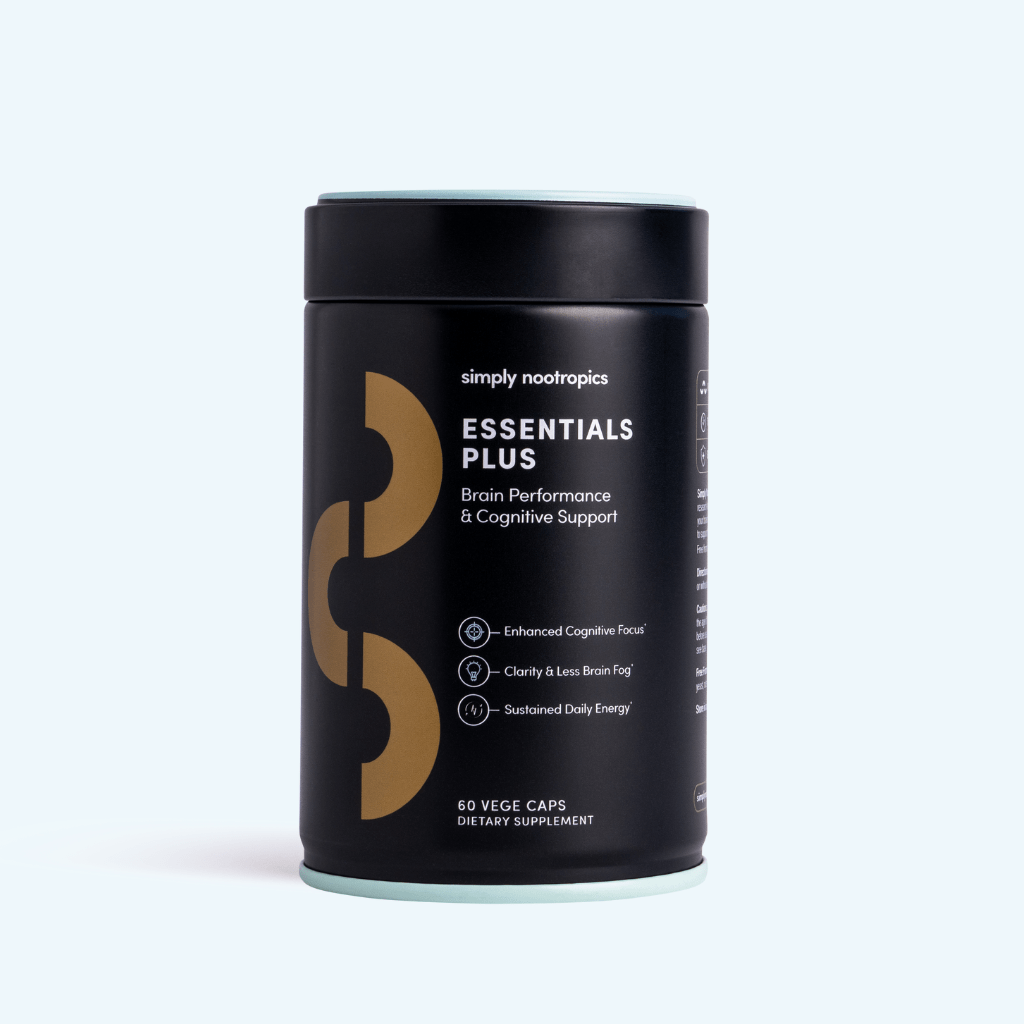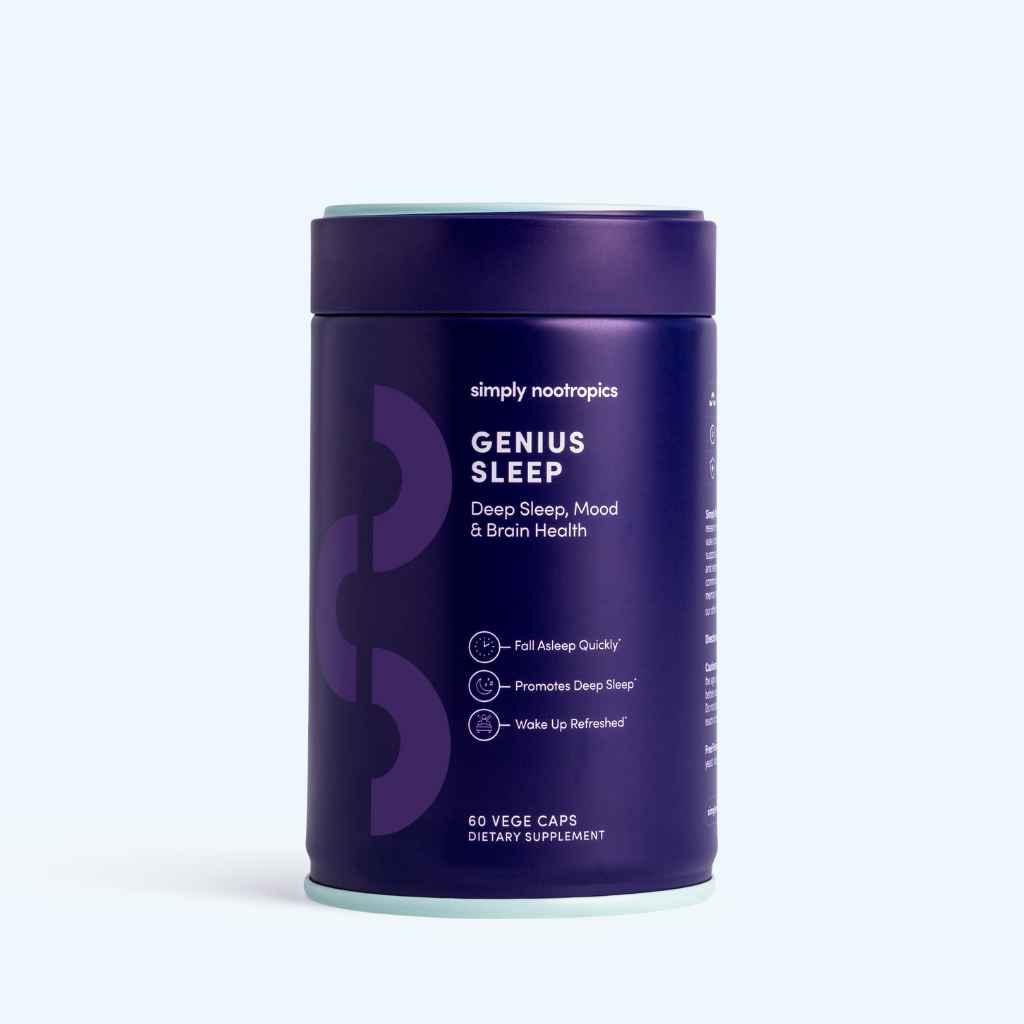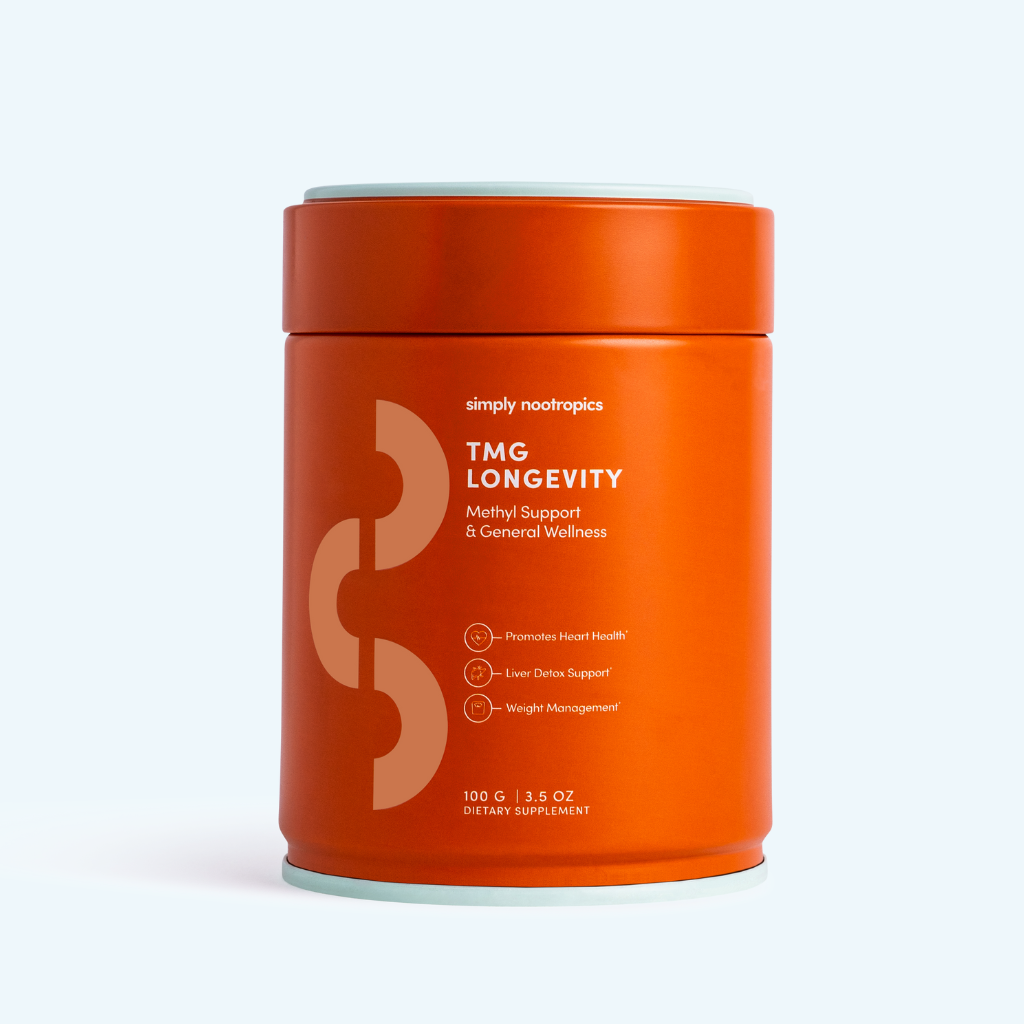Chronobiology is the science of biological rhythms, and particularly how our bodies follow daily cycles that regulate important functions like sleep, metabolism, and energy levels. These cycles, known as circadian rhythms, influence everything from when we feel sleepy to how well we digest food. Learning how to align your daily habits with these natural rhythms means being able to improve your sleep and boost your energy.
But what exactly are circadian rhythms? How they affect different aspects of our well-being is something important to know, just as much as our practical tips to help you live in harmony with your body’s natural rhythms.
What Are Circadian Rhythms?
Circadian rhythms are 24-hour cycles that sleep, hormone production, metabolism, and body temperature. These rhythms are primarily controlled by your body's natural clock, which is located in a part of the brain called the suprachiasmatic nucleus (SCN), responding to environmental cues like light and darkness.
The most important example of an optimal circadian rhythm is the sleep-wake cycle. During daylight hours, the SCN sends signals to keep you alert and awake. As darkness falls, the SCN triggers the release of melatonin, a hormone that makes you feel sleepy and prepares your body for rest.
How Circadian Rhythms Affect Your Sleep
Your body is naturally programmed to sleep at night and be awake during the day, a pattern known as the diurnal rhythm. When your optimal circadian rhythm is in sync with the natural light-dark cycle, you’re more likely to fall asleep easily, sleep soundly, and wake up feeling refreshed.
But modern lifestyles often disrupt these rhythms. Artificial light, especially blue light from phones and screens, can trick your brain into thinking it’s still daytime, delaying the release of melatonin and making it harder to fall asleep. Also, irregular sleep patterns, like staying up late or shifting your bedtime on weekends, can confuse your internal clock, leading to poor sleep quality.
To improve your sleep, it’s essential to align your bedtime and wake-up time with your body’s natural clock. Going to bed and waking up at the same time every day, even on weekends, can help regulate your circadian rhythm for better sleep.
The Impact of Circadian Rhythms on Metabolism
Your circadian rhythms also have an impact on how your body processes food and regulates energy. Research has shown that our metabolism is more efficient during the daytime when we are more active.
To support your metabolism, it’s a good idea to eat larger meals earlier in the day when your body is most efficient at processing food. Having dinner earlier and avoiding late-night snacks can help keep your optimal circadian rhythms in sync and promote better metabolic health.
Circadian Rhythms and Overall Health
An optimal circadian rhythm influences more than just sleep and metabolism; it affects nearly every system in the body. For example:
- Hormone production: Hormones like cortisol, which helps regulate stress and energy levels, follow a daily pattern. Cortisol levels peak in the morning, giving you the energy to start your day, and gradually decrease as the day goes on.
- Body temperature: Your body temperature fluctuates throughout the day, peaking in the afternoon and dropping at night. This temperature cycle helps regulate sleep, with lower body temperatures making it easier to fall asleep.
- Cognitive function: Your brain function also follows a circadian rhythm. Studies suggest that cognitive performance, including memory and attention, is highest in the late morning and early afternoon.
When your body's natural rhythm is disrupted by irregular sleep schedules, shift work, or jet lag, the risk of developing chronic health conditions.
Practical Tips to Align with Your Body’s Natural Rhythm
You can make small adjustments to your daily habits to better align with your body's natural rhythm and improve your health:
- Maintain a consistent sleep schedule: Go to bed and wake up at the same time every day, even on weekends. This consistency helps regulate your body’s internal clock.
- Get plenty of natural light during the day: Exposure to natural sunlight, especially in the morning, helps keep your circadian rhythm in sync, so try to spend time outside or near a window during daylight hours.
- Limit exposure to artificial light at night: Reduce your screen time in the evening, especially an hour or two before bed. Consider using blue light filters on your devices or wearing blue light-blocking glasses.
- Time your meals wisely: Try to eat your largest meals earlier in the day and avoid late-night eating to help your metabolism stay in tune with your body’s natural rhythm.
- Create a nice evening routine: Wind down with calming activities like reading, gentle stretching, or meditation before bed to signal to your body that it’s time to rest.
Nootropics to Align with Your Natural Rhythm
To make sure you’ve done everything to align your lifestyle with circadian rhythms, you might consider supplementation. Simply Nootropics Essentials contains powerful ingredients such as L-Theanine, which promotes relaxation and focus, while Lion's Mane Mushroom helps with nerve growth and brain health.
Unlike caffeine, which can lead to energy spikes and crashes, Simply Nootropics Essentials includes adaptogens like Ashwagandha to help maintain steady energy levels throughout the day. This can be especially important when you need to sustain focus and alertness, aligning with your body’s natural energy cycles.
So, understanding chronobiology and your circadian rhythms is key to living a life that aligns with your body’s needs, improving your sleep quality, enhancing energy levels, and supporting your overall well-being.














